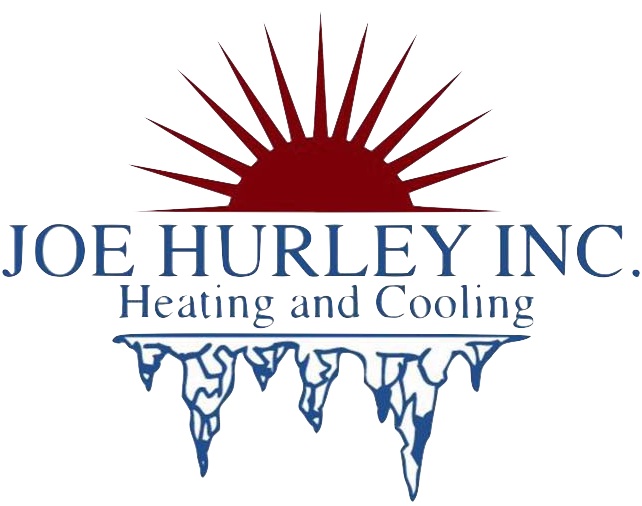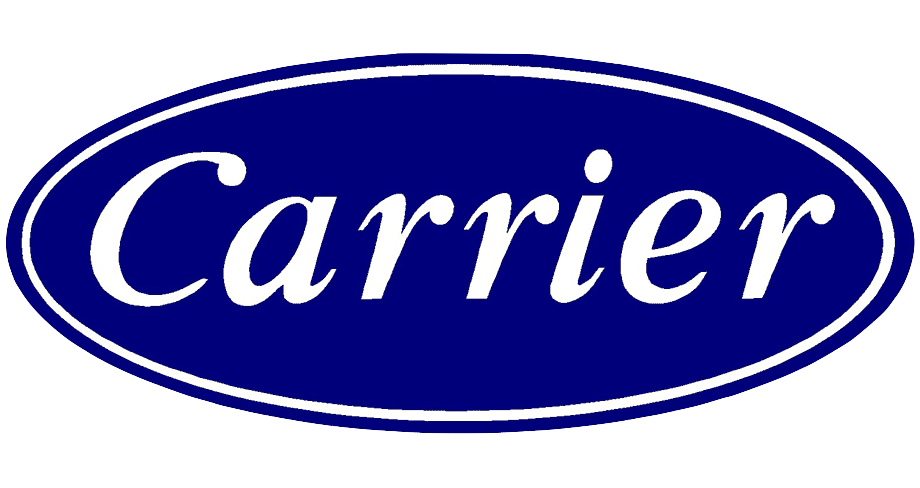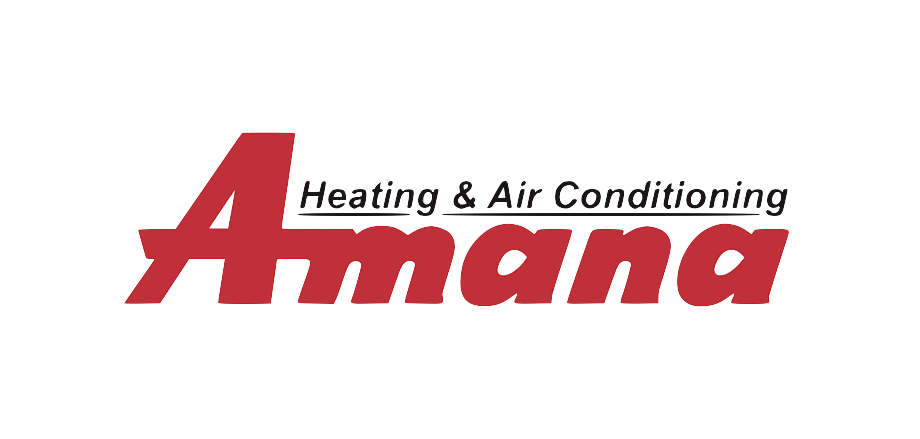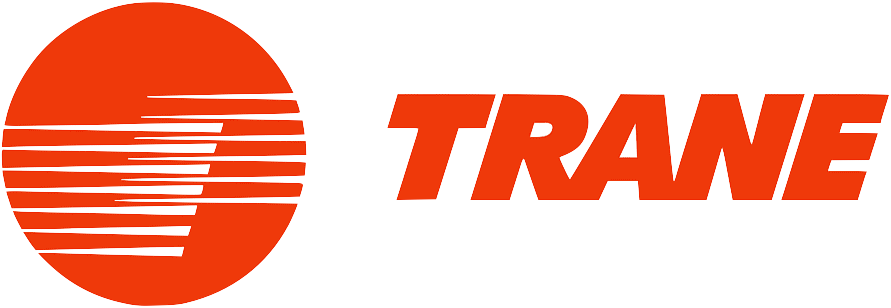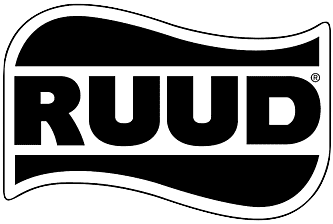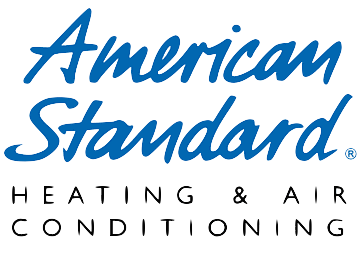Helpful Tools - Safety Tips
Joe Hurley Inc
Protect Yourself From Potential Hazard
Important HVAC Safety Tips
- Make sure no vent or valve is blocked or clogged. This can be risky.
- Seek expert help if your heat pump has loose connections. This can cause an electrical fire.
- During a storm or power failure, be prepared with surge protectors and electrical safety tools.
- Faulty pilot lights or heat exchanger leaks could cause carbon monoxide poisoning.
Things You Can Do to Improve Your HVAC Safety:
- Install smoke detectors and carbon monoxide detectors
- Clean your air filters regularly, at least every three months
- Block any pets or children from accessing heating equipment
- Teach your family electrical safety tools
- Schedule preventative maintenance with a professional
Some Common Safety Issues to Be Aware Of
While certain dangers are random and unpredictable, there are a few common ones that happen time and time again with heating and cooling systems. In order to best prepare for these issues, you need to know what they are! Here are a couple of HVAC problems to look out for:
- Boiler pressure release valves that are either located poorly, completely or partially blocked, or faulty altogether
- Pilot lights that are faulty or heat exchanger leaks, resulting in your furnace emitting poisonous carbon monoxide
- Heat pump units that contract and expand due to loose connections, leading to the potential for electrical fires
